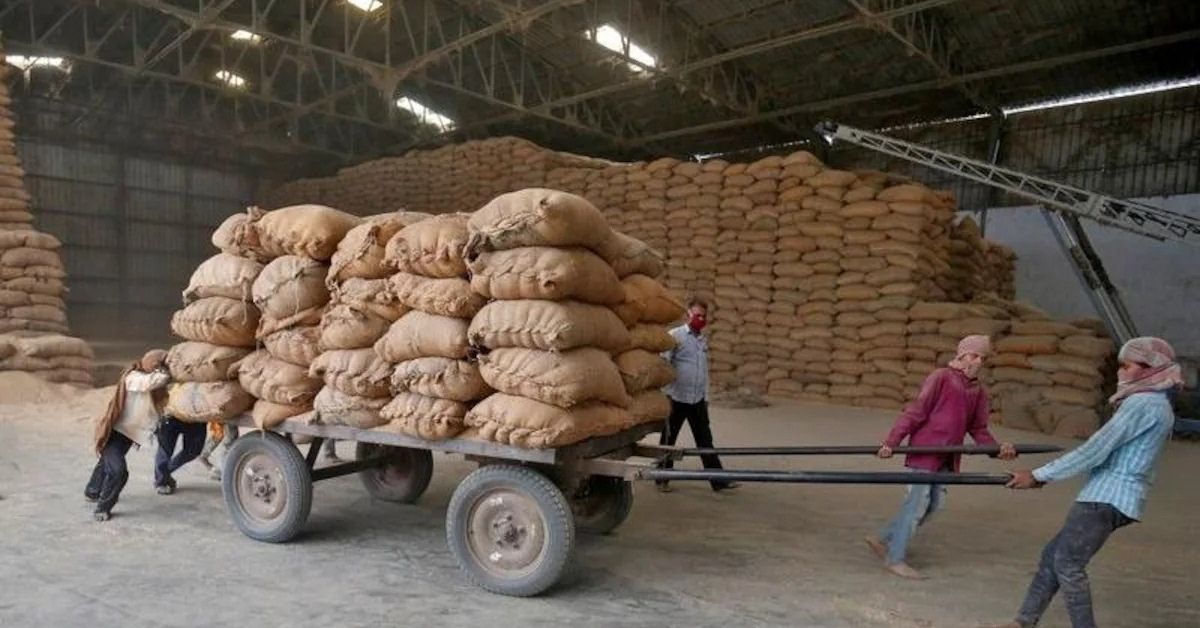Stating that rising commodity prices are contributing to cost of living pressures, the G20 leaders committed to facilitate “open, fair, predictable, and rules-based” trade in agriculture, food and fertilisers and not impose export curbs in line with relevant WTO rules.
Adopting the New Delhi Declaration of G20 countries here, the member countries also committed to support developing countries’ efforts and capacities to address their food security challenges.
They committed to work together to enable access to affordable, safe, nutritious and healthy diets, and to foster the progressive realisation of the right to adequate food.
“We commit to enhance global food security and nutrition for all in line with the G20 Deccan High-Level Principles on Food Security and Nutrition 2023,” the Declaration said.
To achieve this, the member countries committed to six high-level principles, including facilitating open and free trade in food and fertilisers.
Besides free trade, the G20 leaders committed to track two more commodities, fertiliser and vegetable oils, under the Agricultural Market Information System (AMIS) and the Group on Earth Observations Global Agricultural Monitoring (GEOGLAM) for greater transparency to avoid food price volatility.
They decided to support AMIS’ work on fertilisers, its expansion to include vegetable oils, and for enhancing collaboration with early warning systems, the Declaration said.
AMIS, which currently tracks four crops — rice, wheat, corn and soya, collects data from various member countries and generates outlook models and price forecasts. It is for the first time, that AMIS will track crop input fertiliser in view of recent volatility in global prices. The Declaration also emphasised the importance of increasing access to the availability, and efficient use of fertiliser and agricultural inputs, including through strengthening local fertiliser production and improving soil health.








